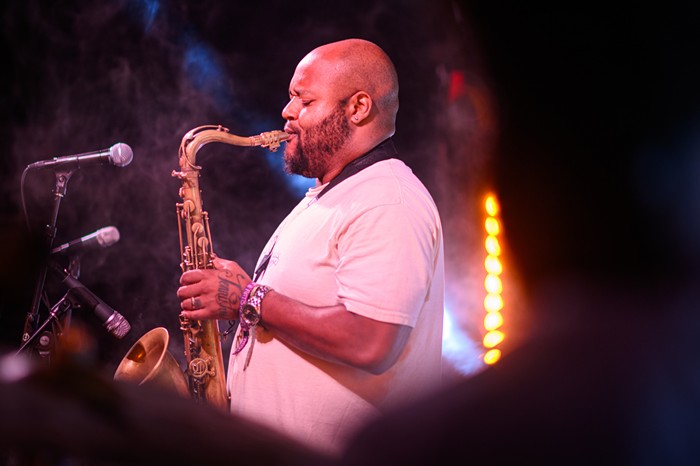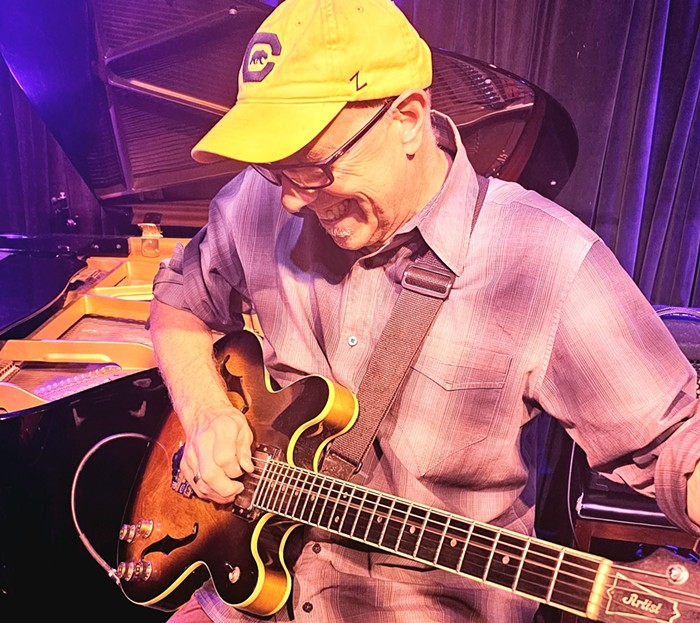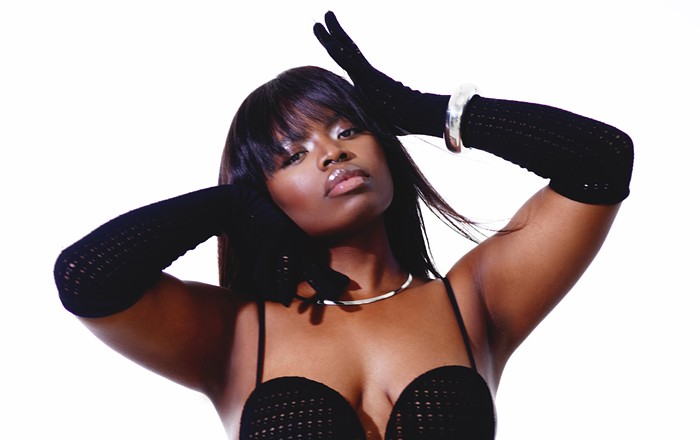Julia Jacklin’s 2016 debut, Don’t Let the Kids Win, is a remarkably clear-eyed chronicle of the unease and uncertainty of being in your 20s.
“I had a life in my head/I’d be pushing up that hill until those toes bled,” the Australian singer/songwriter laments in “Coming of Age,” one of the record’s fuzzed-out rockers. “Now I gotta learn this new stage.”
Jacklin was 23 when she started writing the songs on Kids. She’s 27 now, with a slew of glowing reviews under her belt and a tour schedule full of venues that hold three- and four-figure audiences. What a difference a few years makes.
“There was a really scary period [in there],” she says from a tour stop in England. “I was playing in Sydney for five years before I made the album, and I made the album without a label or a manager or any contact with the industry at all. I came home and I had zero idea what to do with it. I had no clue. I was just kind of hoping someone would email me.”
Someone did, and that someone knew someone else, and so on, until eventually Jacklin signed on to release Kids through the London-based Transgressive Records. It became a surprise hit of 2016—the Guardian called it “one of those albums that will slowly creep into the affections of a large number of people.”
Jacklin’s music moves at an unhurried pace, meandering between traditional folk, indie pop, alt-country, roots-rock, and reverberant soul. Sometimes backed by an acoustic guitar and other times by a full band, her voice is a wonder: strong but supple, distinctive but cozy, teeming with tangible emotion. For a self-funded album made by someone suffering a quarter-life crisis, Kids is incredibly self-assured.
“A lot of the songs were written from the perspective of knowing I was doing something I didn’t want to do, which was being at university and working,” Jacklin says. “I remember writing [the song ‘Motherland’] and thinking, like, I don’t want my family to tell me ‘I told you so’ in five years.”
These days, Jacklin is winding down touring in support of Kids. She’s written new songs and will record her sophomore effort early next year. And as her career trajectory has turned upward, performing those old songs has felt, at times, like a “cabaret act” featuring a younger version of herself, Jacklin says. That doesn’t mean the uncertainty has disappeared. It just takes different forms now.
“At the beginning, you’re worried that no one is listening to your music. But now I’m worried that too many people are listening to my music, therefore the pressure on the next release is great,” she says.
“I think when I first started getting attention, I was like, ‘Aww, sweet. Sign this deal. Sign that deal. Get onto that festival.’ And then I’m gonna plateau into the comfortable happiness of being a musician,” Jacklin says. “Now I’m like... that’s definitely not a thing.”
Jacklin has learned not only to deal with the uncertainties of a career in music, but to appreciate them as a necessary tension that fuels her art.
“I think the moment I’m comfortable with this job, and the moment I’m like, ‘Oh, okay, cool. This is what I’m doing,’” Jacklin says, “that’s probably the moment I’ll start writing shitty songs.”


















